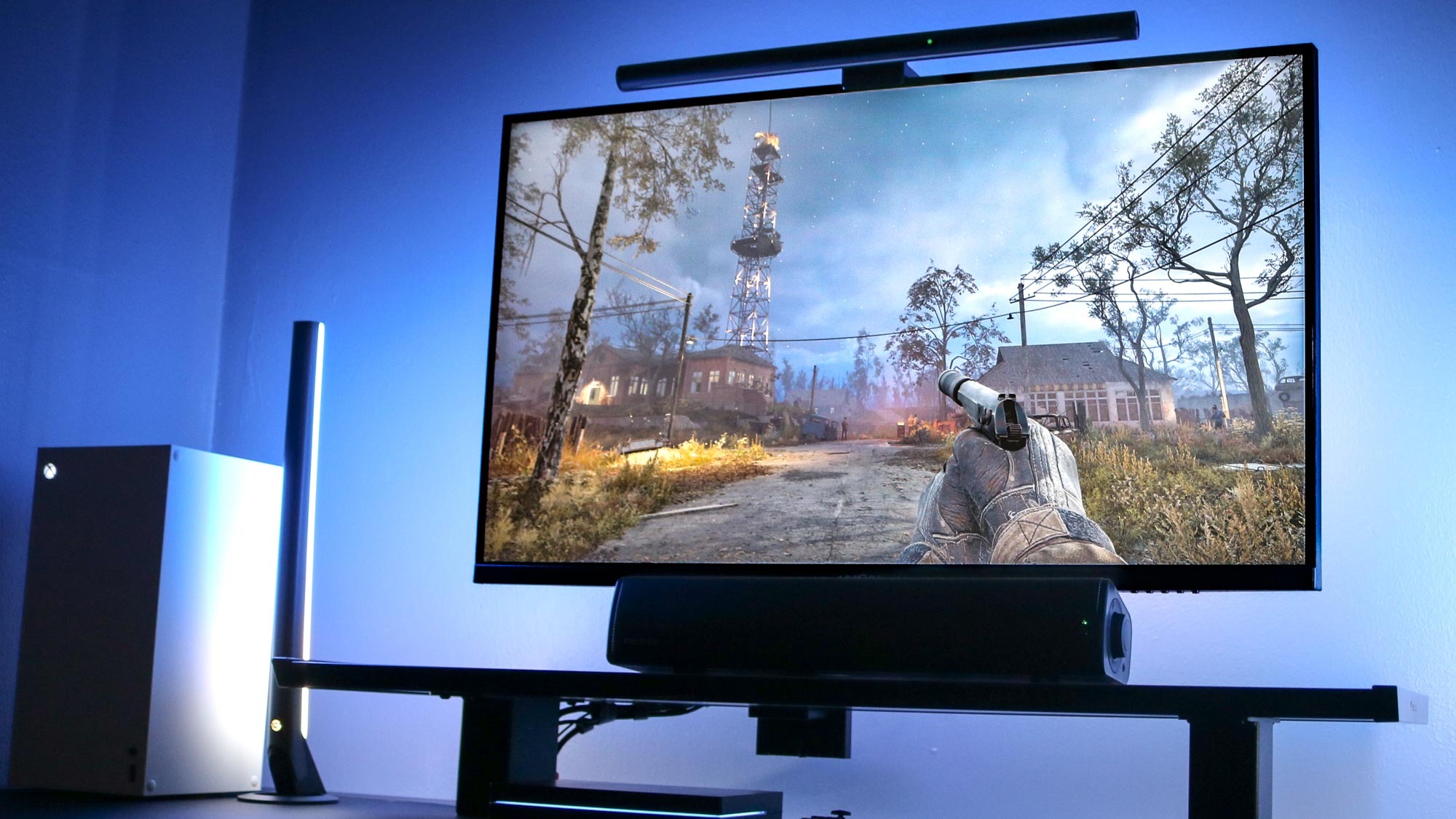
Over the past couple of years, conversation around AI has been virtually inescapable for any part of the economy, but especially in entertainment. The dual strikes of 2023 put the technology under a bright spotlight, and a series of deals in the year since labor peace was achieved offer more clues about how it is reshaping the landscape. This month, at the historic crossroads of Hollywood and Vine, hard by the Capital Records building and the Pantages Theatre, AI talk found a home in the industry’s back yard at Infinity Festival .
Unfolding just hours after the jolt of Election Day, the seventh annual edition of the fest brought together various constituencies from across entertainment and technology trying to orient themselves in a changing world. Co-chaired by Sony Imageworks CTO Mike Ford and production chief Mandy Tankenson, the event welcomed visual effects pioneer Rob Legato; AGBO Chief Scientific Officer Dominic Hughes, a noted AI scholar recently installed in his post by the Russo Bros. after a stint at Apple; and senior execs from Nvidia, HP, Amazon, Epic Games and other companies.
Shōgun co-creators Rachel Kondo and Justin Marks also reflected on how technology enabled their subtitled show without major stars to break through to Emmy-winning success. Deadline was a presenting media sponsor of this year’s festival. The idiosyncratic spirit of Infinity, which for the first time was held at the Aster Hotel, revealed itself in the events that bookended its Nov.
6-9 dates. At an opening-night party on the Aster rooftop, performers from Cirque du Soleil’s Kooza represented the troupe among dozens of attendees. On the final day, a screening of a new cut of Star Trek: The Motion Picture : The Director’s Edition , enhancing Robert Wise’s 1979 film with 4K DolbyVision and Dolby Atmos, followed an auction of hundreds of props from the original Star Trek TV series.
An eye-catching $3.6 million was raised by Julien’s Auctions under the winking banner “Bid Long & Prosper.” AI talk, however, provided the event’s core.
At some moments, that meant demonstrations of how technology is making work more efficient and innovative and blue-sky sentiment that it can deliver benefits without long-feared cuts to the workforce. Hughes, who teaches at Stanford and has studied AI models for decades, emphasized foregrounding creators in the process. He likens the presence of AI to having “1,000 very eager interns” at one’s disposal, arguing that the dynamic still requires plenty of human supervision.
Licensing and rights, however, are more fraught and patterns are just starting to emerge. A panel moderated by Deadline labor and TV reporter Katie Campione, examined the complexities, packing considerable insight into less than an hour. Matthew Dysart, an attorney at Greenberg Glusker; Natalie Bruss, a founding partner and innovation specialist at Range Media Partners; and Chris Giliberti, co-founder and CEO of AI firm Avail discussed how creators, artists, publishers, and other talent can get cited and paid for their work.
“The best way to be prepared for the unknown is to be protective of the downstream future rights scenario,” Dysart said. Conversations with tech platforms, studios, guilds and creators have been “far-reaching and ambitious,” he added. Declining to get too specific about terms, he said the objective from his end to prevent industry figures from “getting taken advantage of and pushed aside,” as have many traditional publishers.
(Dow Jones and the New York Times Co. have recently filed lawsuits against AI firms, bringing that precise complaint.) The entertainment industry, Dysart said, “is very cognizant of that history and is very proactively leaning into shaping a new legal regime that will prevent a much larger ecosystem of creators and talent and data creators of all stripes from having their livelihoods completely stripped away from them by this new technology.
” Building on an observation from Giliberti about Netflix’s dealmaking approach in the streaming era, Bruss said there are lessons to be drawn from that as AI becomes steadily more commercialized. “A lot of the people that took those giant upfront deals maybe didn’t realize at the time the implication of, if everybody’s saying yes to no back end in the beginning, then it’s going to make it really hard for everybody else to get back end in the future,” she said. “What we’re trying to figure out now is, how can some of the earliest talent actually be a part of that process?”.














